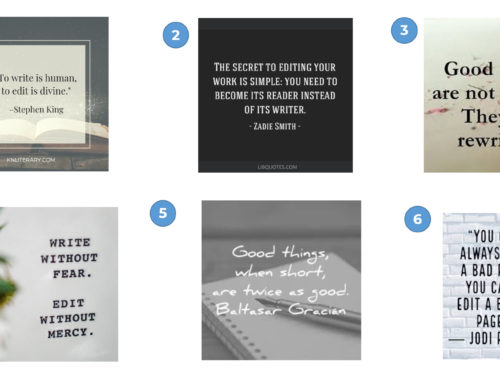
Nancy Schwartz
You labor long and hard to get your marketing content right. We all do.
That’s why it’s so dismaying when I see errors like these in campaigns and updates from organizations like yours. It’s not from want of trying!
But the English language is tricky, with many words sounding alike. Errors like these three most-frequently-seen ones are easy to make. But they’ll tarnish your impact and reputation (especially if they surface more than just every once in a while).
Content Killers That Make the Grim Reaper Happy:
1. It’s vs. Its
- Use it’s is a contraction of it is or it has.
Example: It’s the story of overburdened foster care and child welfare systems… - Use its as a possessive; something belonging to it, the subject.
Example: How does the HSUS accomplish its goals?
True confession: I used it’s instead of its 20 times in an English paper I wrote in 11th grade, and the teacher circled every single one of them in bold red pen. I’ll never forget this one!
2. Affect vs. Effect
- Use affect as a verb to indicate influence or change.
Example: Rabies (Lyssavirus) is an infectious disease that affects the central nervous system in mammals. - Use effect as a noun to describe the impact A has on B.
Example: The loss of these fish populations can have a negative effect on the marine ecosystem.
3. Their vs. They’re vs. There
- Use their to describe something that belongs to them.
Example: With such low wages, child care and preschool teachers often struggle to support their own families - Use they’re as a contraction of they are.
Example: Child care workers still aren’t making what they’re worth. - Use there as a pronoun or as adverb showing where something is
Example: There should be a law against that. (pronoun)
Example: Start the petition over there. (adverb)
Listen, we all make mistakes. But these are three of the most common, and the easiest to avoid because you’ve been reminded about them right here. If you hesitate a moment, look it up! You’ll be happy you did, and so will your boss.
Happy writing.






